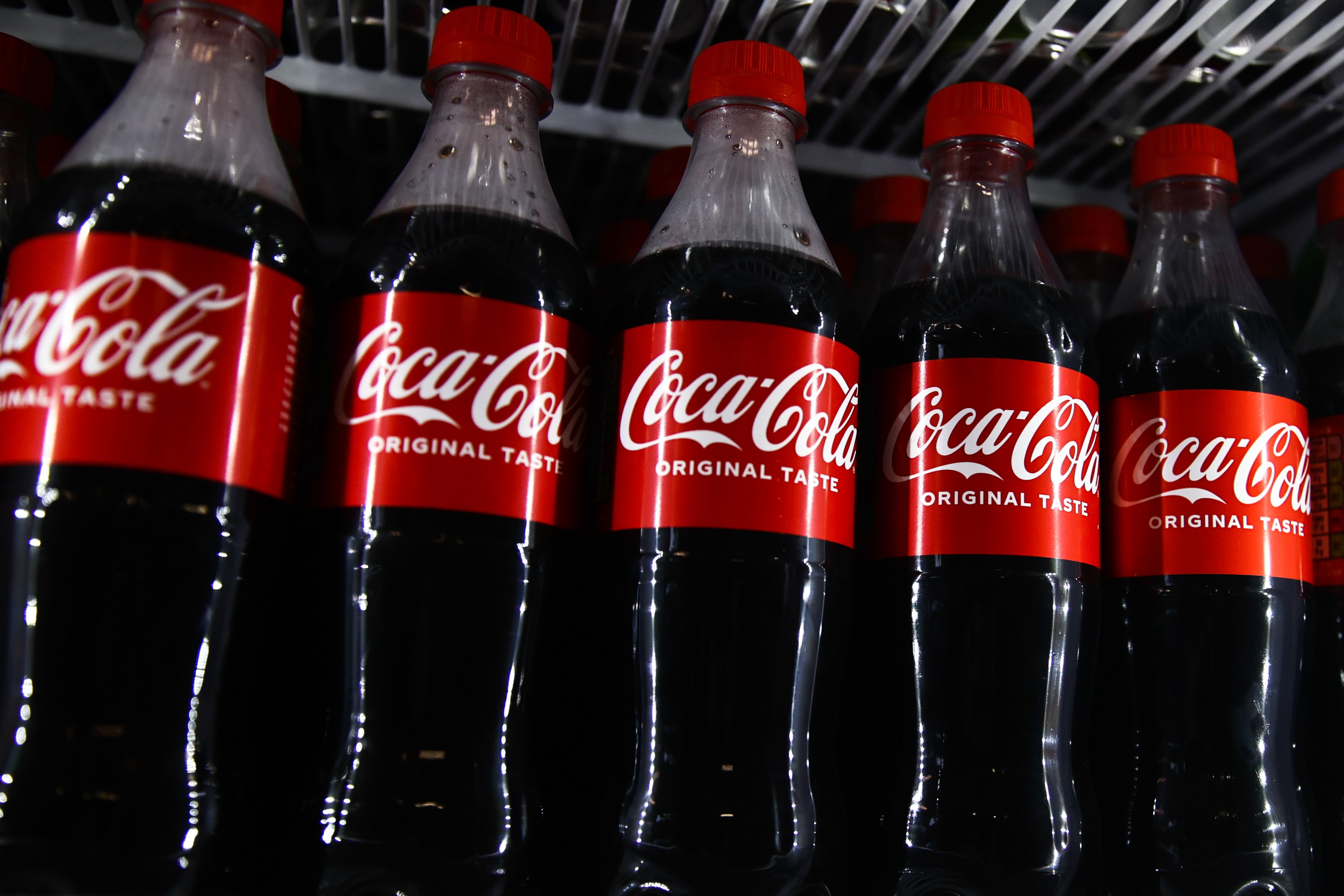It requires a lot of nerve to go against the market and take a stake in shares that have underperformed. It also takes work to uncover whether recent performance reflects an underlying weakness or an opportunity.
The S&P 500 has appreciated 26.5% this year (through Nov. 29). By contrast, Coca-Cola (KO 0.67%) gained 8.7% while Home Depot (HD 1.33%) is up a much more respectable (but still slightly lagging) 23.5%. Fortunately, these companies have strong businesses that have been temporarily hurt by larger economic factors. That's reflected in their ability and willingness to regularly raise dividends.
Due to their well-recognized brands and market positions, dividend-seeking investors who own shares should add to their positions.

Image source: Getty Images.
1. Coca-Cola
Coca-Cola has been selling beverages since the late 1800s. These include widely recognized and established brands like Coca-Cola, Sprite, and Fanta. However, the company makes more than just soda. Its product lines also include water, coffee, tea, juice, and plant-based beverages.
Revenue has been less than stellar this year, though. Third-quarter adjusted revenue, which removes foreign currency exchange translations and acquisitions/divestitures, increased 9%. But that was due solely to price/mix, which contributed 10 percentage points.

NYSE: KO
Key Data Points
Volume was down, which concerned investors. That's likely due to consumers who have been stretched thin by higher prices. Other consumer goods companies, like McDonald's, have also been affected.
Fortunately, inflationary pressures, including for basic items like food, have been moderating. As the economy returns to a steadier state, consumers will feel more comfortable spending. That should help boost Coca-Cola's volumes and top-line growth.
Meanwhile, patient investors can rely on collecting dividends. The board of directors has increased payouts for 62 straight years, making the stock a Dividend King.
With a 78% payout ratio, Coca-Cola can afford the dividends. It typically increases payouts in the first quarter, so it's likely shareholders will soon see another hike. The shares currently sport a 3% dividend yield compared to the S&P 500's 1.2% payout.
2. Home Depot
Home Depot generates the most revenue in the home improvement retail industry. Its annual sales top $150 billion compared to about $90 billion for chief rival Lowe's Companies. The retailer's sales have hit a speed bump lately, though. Fiscal third-quarter same-store sales (comps) fell 1.3% for the period ended on Oct. 27.
However, broad economic factors have been largely to blame. Long-term interest rates have been high, leading to sluggish demand for homes and renovations. That's because people borrow to purchase houses and often do renovations to make the space to their liking.
Similarly, existing homeowners typically need loans before they do major work like updating kitchens and bathrooms.

NYSE: HD
Key Data Points
It's too early to declare an improving environment, but there have been positive signs lately. The 30-year fixed mortgage rate has recently stabilized below 7%, and existing home sales rose 3.4% in October. Should these trends continue, Home Depot, as a popular shopping destination for homeowners and contractors, will likely be a prime beneficiary.
Home Depot has raised dividends every year since 2010. During the 2007 to 2009 period, amid a severe recession, the company held dividends constant, which is an impressive feat.
Even with sluggish sales, Home Depot generates plenty of free cash flow (FCF) to support payouts. Its year-to-date FCF was $12.8 billion from which it paid out $6.7 billion in dividends. The stock has a 2.1% dividend yield.





